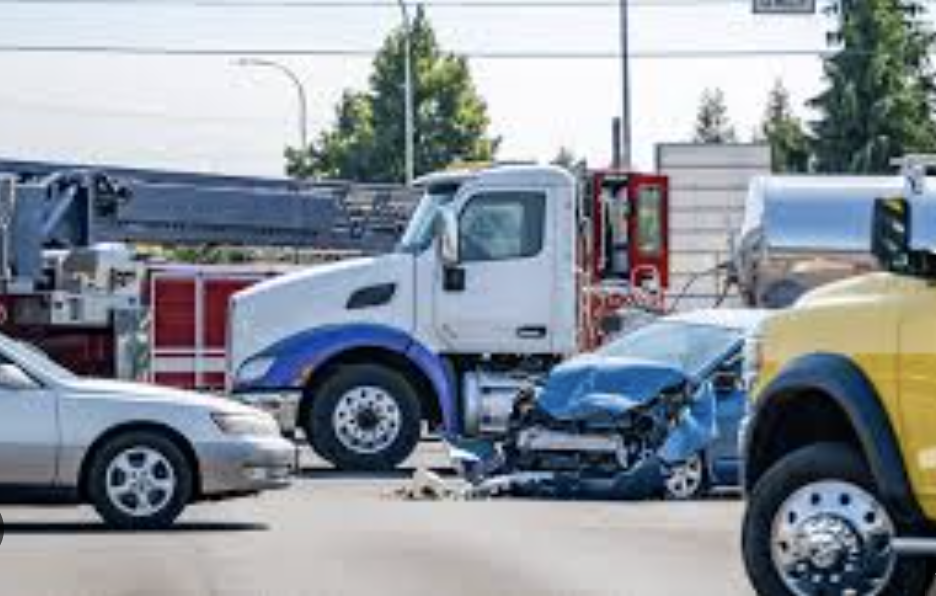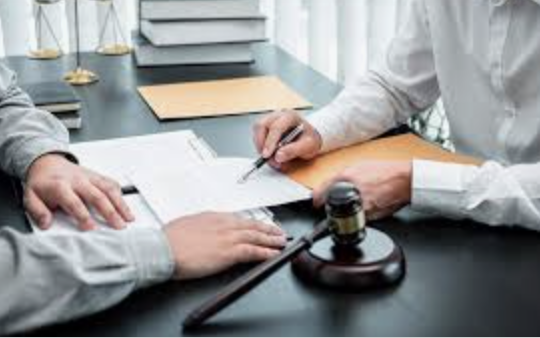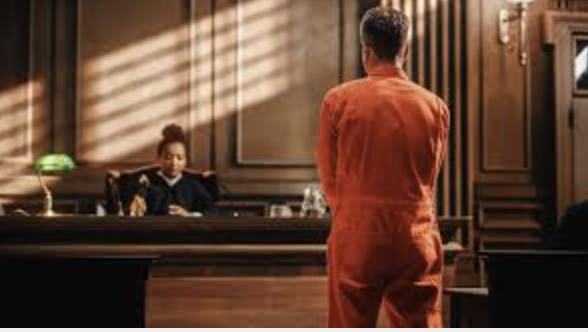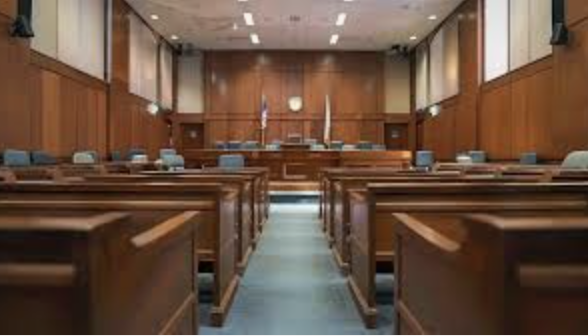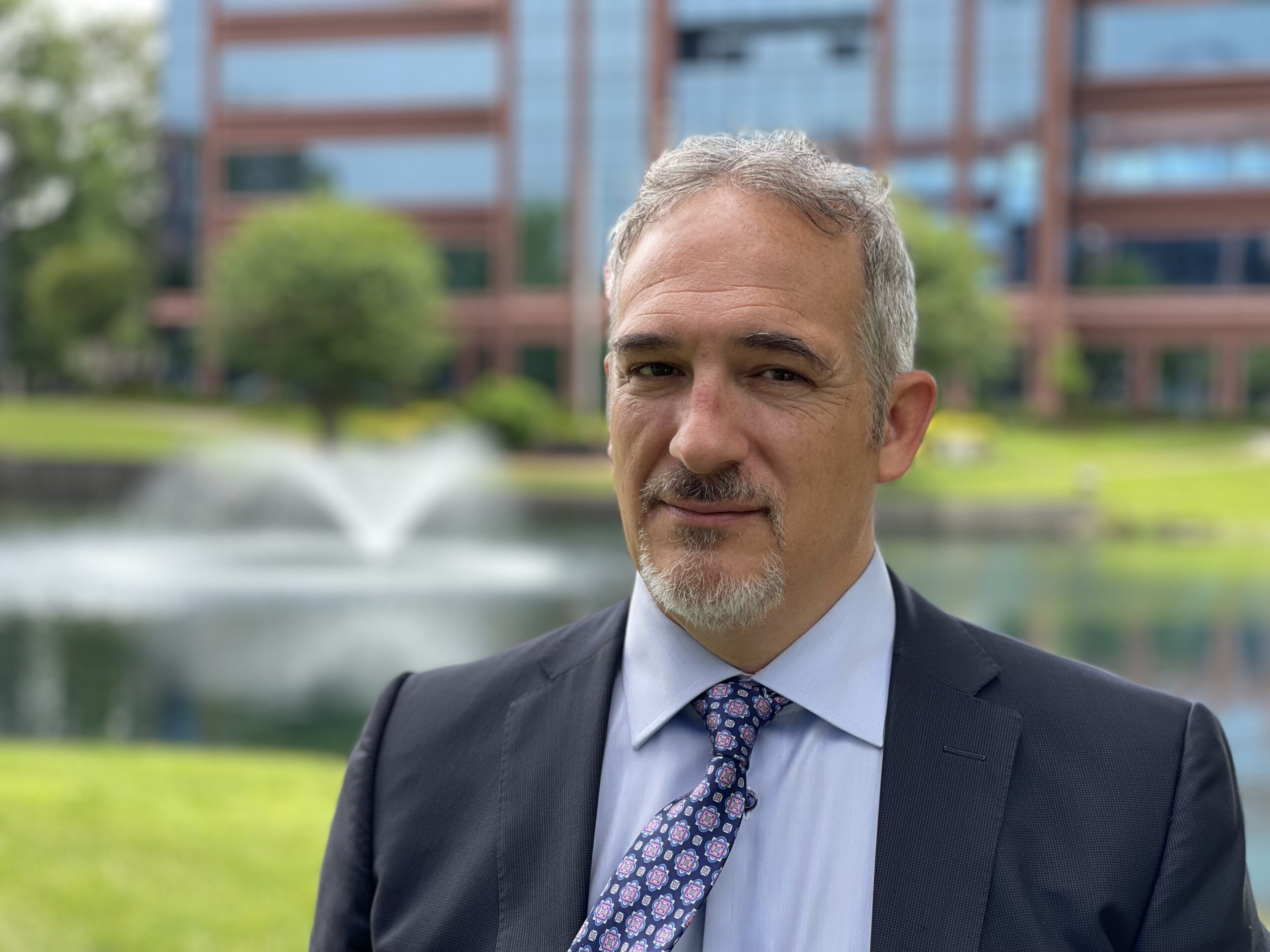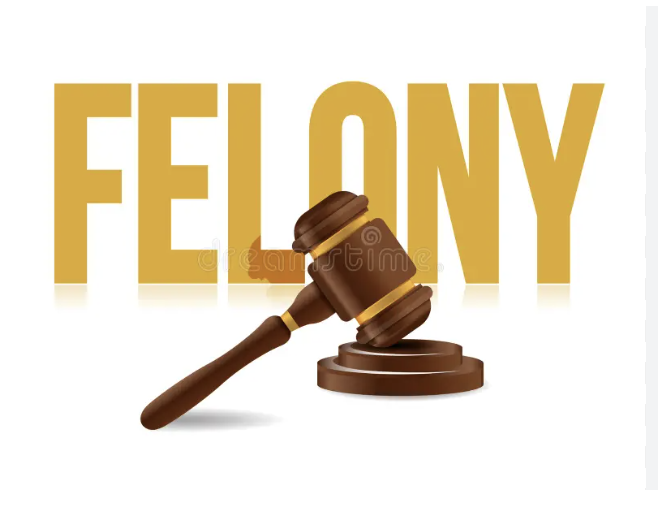Car accidents happen in an instant — but what you do in the minutes and hours afterward can make all the difference in your health, your case, and your ability to recover financially.
Even minor collisions can lead to injuries that worsen over time or disputes about who’s at fault. That’s why it’s critical to stay calm, protect yourself, and take specific steps to preserve evidence and document the facts while they’re still fresh.
A step-by-step legal guide from Cardon Law. This is general information, not legal advice. For personalized help after an accident, call (757) 306-9060.
1) Ensure Safety First
Your first priority is always safety — not fault or paperwork.
✅ Keep vehicles where they are after the accident so that the Police can do an accident report. Only move cars out of the roadway if dangerous not to move them.
✅ Turn on hazard lights to warn other drivers.
✅ Check for injuries to yourself, passengers, and anyone else involved.
✅ Call 911 immediately if there are injuries, visible damage, or if the other driver flees the scene.
Virginia Code § 46.2-894 requires drivers involved in accidents to stop and report the incident.
👉 Read § 46.2-894 here
If you’re hurt, do not try to “tough it out.” Shock can mask pain — it’s important to get medical evaluation right away.
2) Call the Police — Even for Minor Accidents
Even in “fender benders,” having an official police report protects you later.
Officers document:
- The drivers’ statements,
- Vehicle positions,
- Road conditions, and
- Visible damage.
Ask for the incident or case number and the officer’s name before leaving the scene.
If the other driver refuses to wait or leaves, note their license plate, vehicle make/model, and direction of travel.
Under Virginia Code § 46.2-371, you must report accidents involving injury, death, or property damage over $1,500.
👉 Read § 46.2-371 here
3) Exchange Information (Politely, but Carefully)
You are required by law to exchange:
- Driver’s name and address
- Vehicle registration number
- Insurance information
Do not admit fault, apologize, or speculate about what happened — even if you think you might be to blame.
Simply provide your info and let investigators determine liability later.
If the other driver refuses to provide information, tell the officer immediately.
4) Document the Scene Like an Investigator
In the age of smartphones, photos and videos are your best evidence.
Capture as much detail as possible before vehicles move:
| 📸 What to Photograph | 💡 Why It Matters |
|---|---|
| Vehicle damage (all sides) | Shows impact points and severity |
| License plates | Confirms involved vehicles |
| Skid marks, debris, or fluids | Helps reconstruct the collision |
| Street signs and landmarks | Establishes exact location |
| Injuries, bruises, or cuts | Preserves proof of physical harm |
| Weather and lighting | May affect fault determination |
If witnesses stop to help, politely ask for their names and phone numbers — impartial witnesses are invaluable later.
5) Seek Medical Treatment Immediately
Even if you feel “fine,” you may have hidden injuries like whiplash, concussions, or internal bruising.
Always get evaluated within 24 hours — it protects both your health and your personal injury claim.
Under Virginia law, insurance adjusters often use treatment delays to argue you weren’t truly injured.
So, go to the ER, urgent care, or your doctor, and keep all discharge papers and bills.
6) Notify Your Insurance Company
As soon as you can safely do so, call your own insurance company to report the accident.
Do not discuss fault — just provide the facts (date, time, location, vehicles involved).
Your insurer can:
- Open a claim file
- Begin evaluating coverage (collision, MedPay, rental reimbursement, etc.)
- Assign an adjuster
Be cautious if the other driver’s insurance company contacts you. You are not required to give a recorded statement — and doing so can hurt your claim.
7) Preserve Evidence and Items of Value
Don’t throw away or repair damaged items (like broken phones, car seats, or clothing).
These may later be used as physical evidence to prove the force of impact or the seriousness of injuries.
Keep:
- A journal describing pain levels and mobility issues
- All receipts for medication, therapy, and transportation
- Copies of medical records and imaging studies
8) Contact a Personal Injury Attorney Immediately
A knowledgeable attorney can:
- Guide you on what to say (and not say) to insurance adjusters
- Help you document and preserve key evidence
- Obtain the police report, medical records, and witness statements
- Identify all possible sources of compensation (liability, MedPay, uninsured motorist, etc.)
You don’t have to hire a lawyer on the spot, but consulting early ensures you don’t make costly mistakes.
In Virginia, personal injury claims are governed by strict deadlines under Virginia Code § 8.01-243(A) — generally two years from the date of the accident.
Quick Reference Checklist: What to Do at the Scene
| ✅ Step | 📋 Action |
|---|---|
| 1 | Ensure everyone’s safety; call 911 if needed |
| 2 | Call the police for a formal report |
| 3 | Exchange information (no admissions of fault) |
| 4 | Take photos and collect witness names |
| 5 | Get medical attention immediately |
| 6 | Notify your insurance company |
| 7 | Preserve evidence and documents |
| 8 | Contact a personal injury attorney early |
FAQ
Do I have to call the police for every accident?
Yes, if there’s injury, death, or significant property damage. Even minor crashes should be reported to protect your rights.
What if the other driver leaves before police arrive?
Try to record their license plate and vehicle description. Leaving the scene is a crime under § 46.2-894.
Should I move my car after a crash?
Yes, if it’s safe and doesn’t risk further harm — but take photos first.
What if I don’t feel injured right away?
Adrenaline can mask pain. Always get checked by a doctor within 24 hours.
Do I need a lawyer right away?
Yes — or at least a consultation. An attorney ensures your claim is preserved from the start.
Injured in a Car Accident in Virginia? Call Cardon Law.
Even a “simple” crash can turn complicated fast. Insurance companies move quickly to minimize payouts — and missing a single step can reduce your recovery.
Cardon Law helps victims across Virginia Beach, Norfolk, Chesapeake, and Hampton Roads protect their rights from day one.
We’ll make sure your injuries are documented, your claims are preserved, and you get the compensation you deserve.
📞 Free Consultation: (757) 306-9060
📱 24/7 Direct to David A. Cardon: (757) 620-3283
